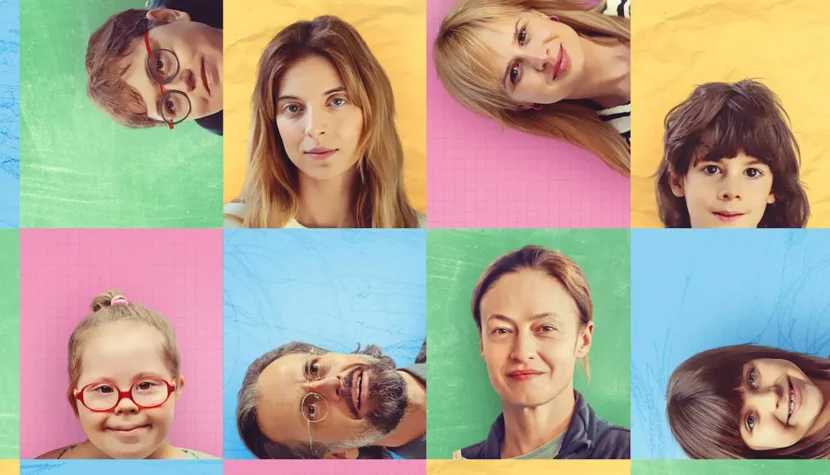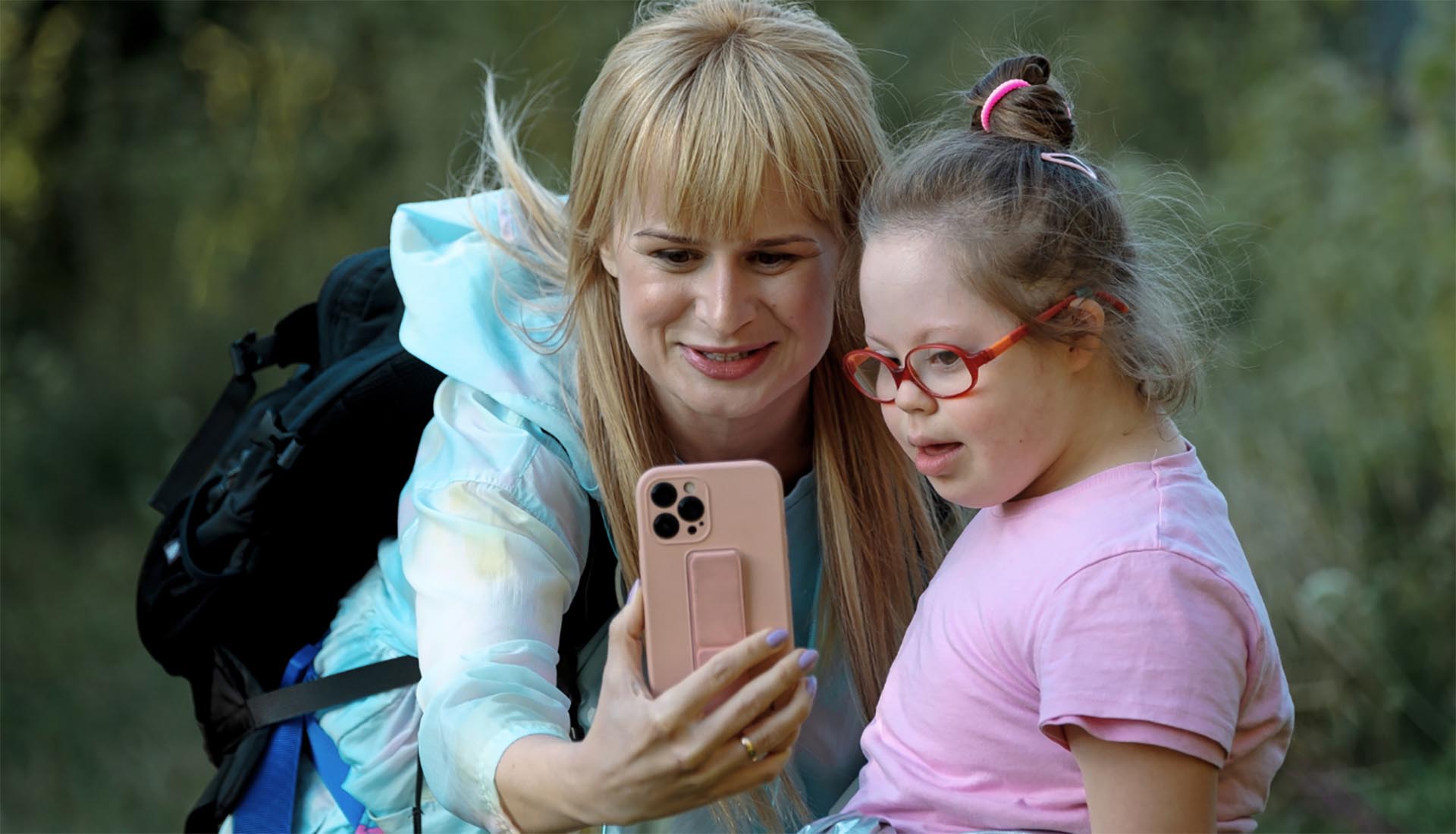MOTHERS OF PENGUINS. A Series Unlike Anything Seen Before in Poland [REVIEW]

In Polish cinema and television, there has never been a series or feature film quite like this. “Mothers of Penguins” presents the situation of children with physical and intellectual disabilities in a way that is both precise and, from a narrative perspective, somewhat cold. It explores their reality on a very ordinary level, far removed from the world of media. The primary caregivers of such children are usually mothers—a fact that reflects not a narrative choice but a social and institutional reality. Whether this is due to cultural norms or the distribution of parental roles, I won’t attempt to answer definitively. However, every parent of healthy children should watch this Netflix series because it offers the chance to view this issue in a broader context—beyond the stereotypes perpetuated by anecdotes from acquaintances with happy, healthy children or the sentimental media stories about disabled individuals who miraculously rediscover the meaning of life. This series is about children who rarely get such opportunities.
What sets “Mothers of Penguins” apart is its lack of sentimentality—no sweetening, no melodrama about the situation of the children or their mothers. Men are mostly in the background, seemingly retreating from the problem as if they cannot handle it. Their “escapes” are many: work, affairs, work again, and, ultimately, radical separation—leaving their families altogether. As a result, the mothers are left alone in this dubious field of glory, and the series is told from their perspective. Directed by Klara Kochańska-Bajon and Jagoda Szelc, two renowned and accomplished creators, viewers can rest assured of the quality, at least in terms of script and narrative. However, the same cannot be said for the cinematography and special effects, which do appear in the series. The technical shortcomings are evident, particularly in scenes like the school trip to the mountains. Yet, these aesthetic flaws and the practically nonexistent post-production are offset by excellent acting performances.

The main character is Kamila Barska (Masza Wągrocka), an MMA fighter and mother to Jaś (Jan Lubas), who is abruptly expelled from school after attacking a classmate. A psychological evaluation reveals that Jaś is on the autism spectrum—a diagnosis his mother initially refuses to accept. Over time, however, she is forced to come to terms with it, painfully realizing the truth through her son’s own eyes. Before Kamila can truly support her child and become his anchor, she must first overcome her own stigmatization of him as “abnormal,” someone outside the realm of those who have any chance at a happy life.
Kamila finds support from other mothers of children with disabilities in Jaś’s class. These women come from various social backgrounds, have different expectations, but share a common awareness that their children are different—and always will be. Played by Barbara Wypych and Magdalena Różdżka, these mothers introduce Kamila to a new world and its associated challenges, the most significant being the lack of societal acceptance. Their children are marginalized by the state and treated as expendable, hopeless cases, often scorned even by schools, which perform token gestures to avoid explicitly saying, “”Nobody wants you here. Go live in enclaves isolated from healthy children.”” Biology is ruthless, and nature often weeds out individuals with disabilities as threats to group survival. This is not a moral issue but a purely evolutionary one. While we have assigned moral significance to it, as a species, we are still struggling to bear the consequences of this decision. In fact, the idea of natural selection persists in human society, as the series demonstrates, masked by a sense of institutional and humanitarian obligation. Yet, this obligation often feels forced or even unattainable for those who are poorer, lack media influence, or cannot demonstrate how their inclusion benefits the community they belong to.

The “Mothers of Penguins”, the caregivers of children who will never learn to “fly,” are profoundly moving in their steadfastness. They are strong because they have no choice, even as they face the grim reality that their children will never become independent adults. For children with psychological disorders, the fear of the future is just as daunting. It is often impossible to teach these children how to survive once their parents are no longer around. The lack of prospects and control over what most people take for granted drives these mothers to the brink. Yet, they must learn to abandon such desires if they hope to give their children even fleeting moments of a happy childhood.
The series portrays this process with almost documentary-like precision—without unnecessary words, dramatics, or tears. It follows a repetitive, day-to-day routine: calming a beloved child during yet another meltdown, setting up a respirator at night, emptying a bedpan, and gazing into their sometimes vacant eyes. These children, who will never fully understand the world, still want to live as much as anyone else. This almost unnerving realism gives the series an extraordinary ability to delve into the most intimate emotions.

